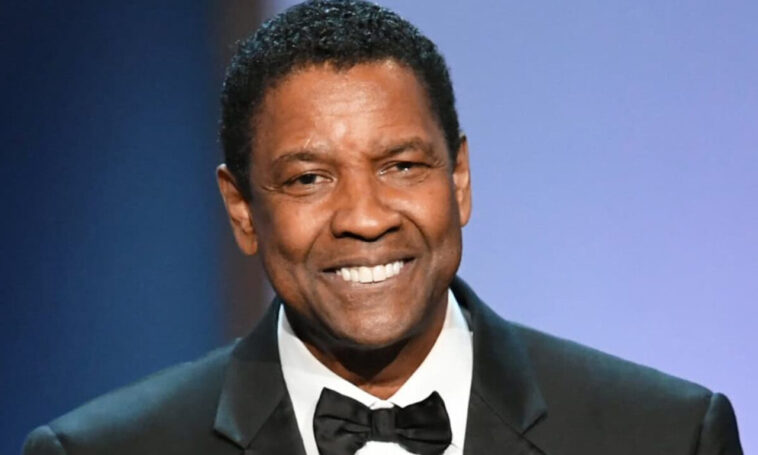Denzel Washington recently opened up about his emotional reaction to losing the 2000 Oscar for Best Actor to Kevin Spacey. Reflecting on the moment, Washington revealed that he was “bitter” and even had his wife, Pauletta, vote on his behalf during that period. Despite this setback, Washington’s career flourished, culminating in his Best Actor win in 2002 for Training Day. Washington’s candidness about his feelings adds to the ongoing conversation about the complexities and emotions that come with awards season.
Denzel Washington has always been one of Hollywood’s most celebrated actors, known for his powerful performances in films such as Malcolm X and Training Day. But even legends face disappointment. Washington recently revealed a rare, vulnerable moment from his career when he confessed to having a “bitter” reaction after losing the Oscar for Best Actor in 2000 to Kevin Spacey. The actor opened up about this period in a recent interview with Esquire, reflecting on the emotional rollercoaster he went through when his performance in The Hurricane didn’t secure him the top award, even though many expected him to win.
In 1990, Washington had won the Academy Award for Best Supporting Actor for his role in Glory. He was nominated again for Best Actor in 1993 for his portrayal of Malcolm X, but it was in 2000 that the actor truly thought he had a shot at the coveted Best Actor statue. That year, he was nominated for his role as Rubin Carter in The Hurricane, a powerful film about a boxer wrongfully imprisoned for murder. Many believed Washington’s performance was Oscar-worthy, especially given the emotional depth and intensity he brought to the role.
However, the Oscar went to Kevin Spacey for his performance in American Beauty, a film that captured significant attention and praise that year. Washington admitted that losing to Spacey stung more than he expected.
“At the Oscars, they called Kevin Spacey’s name for American Beauty,” Washington recalled. “I have a memory of turning around and looking at him, and nobody was standing but the people around him. And everyone else was looking at me.”
While he acknowledged that his perception might have been skewed in the moment, Washington’s reaction shows just how much the loss affected him.
The actor further revealed that his bitterness toward the situation led him to avoid the Oscars for a time. “I’m sure I went home and drank that night,” he admitted. “I don’t want to sound like, ‘Oh, he won my Oscar,’ or anything like that. It wasn’t like that…I got bitter. My pity party.” Washington even went so far as to have his wife, Pauletta, vote in his place during that time. He shared that while he refused to watch the Oscar movies himself, Pauletta would still watch and vote, essentially doing what he could not bring himself to do.

Despite the disappointment, Washington’s career continued to soar. His perseverance eventually paid off when he won the Oscar for Best Actor in 2002 for his role in Training Day. With this win, Washington became the second Black man in history to win an Oscar for Best Actor, following Sidney Poitier’s historic win in 1963. This victory was a defining moment in Washington’s career and in the history of the Academy Awards, marking a significant achievement not just for the actor, but for the representation of Black talent in Hollywood.
The journey from bitterness to triumph is a testament to Washington’s resilience and his ability to rise above the challenges that come with the pressures of the industry. His reflection on that “pity party” period shows a more personal side to the actor, one that many can relate to. In a world where professional success is often linked to public recognition, Washington’s openness about his struggle after losing the Oscar adds depth to his public persona. It’s a reminder that even the most successful individuals face setbacks and frustrations that can temporarily affect their confidence and mindset.
Washington’s story highlights the complexities of being an actor in a competitive industry like Hollywood, where recognition can feel like the ultimate validation. His experience also raises questions about the emotional toll of awards seasons, especially when the expectations don’t align with the outcome. Still, Washington’s eventual victory in 2002 was a clear sign that his talents were undeniable, even if the recognition didn’t come when he expected it.
One thing is certain: Denzel Washington’s journey is one of perseverance and excellence. His story serves as inspiration for anyone facing challenges in their own careers or lives, showing that setbacks don’t define success—it’s how you rise after the fall that matters most.



